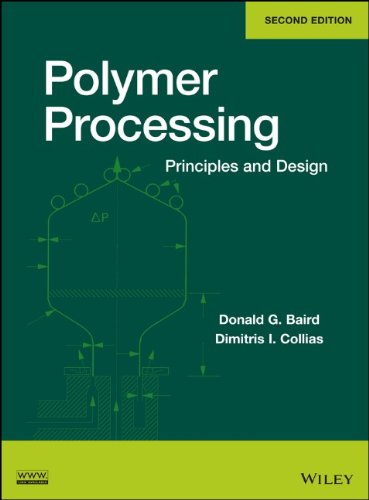

Most ebook files are in PDF format, so you can easily read them using various software such as Foxit Reader or directly on the Google Chrome browser.
Some ebook files are released by publishers in other formats such as .awz, .mobi, .epub, .fb2, etc. You may need to install specific software to read these formats on mobile/PC, such as Calibre.
Please read the tutorial at this link. https://ebooknice.com/page/post?id=faq
We offer FREE conversion to the popular formats you request; however, this may take some time. Therefore, right after payment, please email us, and we will try to provide the service as quickly as possible.
For some exceptional file formats or broken links (if any), please refrain from opening any disputes. Instead, email us first, and we will try to assist within a maximum of 6 hours.
EbookNice Team

Status:
Available4.5
25 reviewsFundamental concepts coupled with practical, step-by-step guidance
With its emphasis on core principles, this text equips readers with the skills and knowledge to design the many processes needed to safely and successfully manufacture thermoplastic parts. The first half of the text sets forth the general theory and concepts underlying polymer processing, such as the viscoelastic response of polymeric fluids and diffusion and mass transfer. Next, the text explores specific practical aspects of polymer processing, including mixing, extrusion dies, and post-die processing. By addressing a broad range of design issues and methods, the authors demonstrate how to solve most common processing problems.
This Second Edition of the highly acclaimed Polymer Processing has been thoroughly updated to reflect current polymer processing issues and practices. New areas of coverage include:
Chapters feature problem sets, enabling readers to assess and reinforce their knowledge as they progress through the text. There are also special design problems throughout the text that reflect real-world polymer processing issues. A companion website features numerical subroutines as well as guidance for using MATLAB®, IMSL®, and Excel to solve the sample problems from the text. By providing both underlying theory and practical step-by-step guidance, Polymer Processing is recommended for students in chemical, mechanical, materials, and polymer engineering.